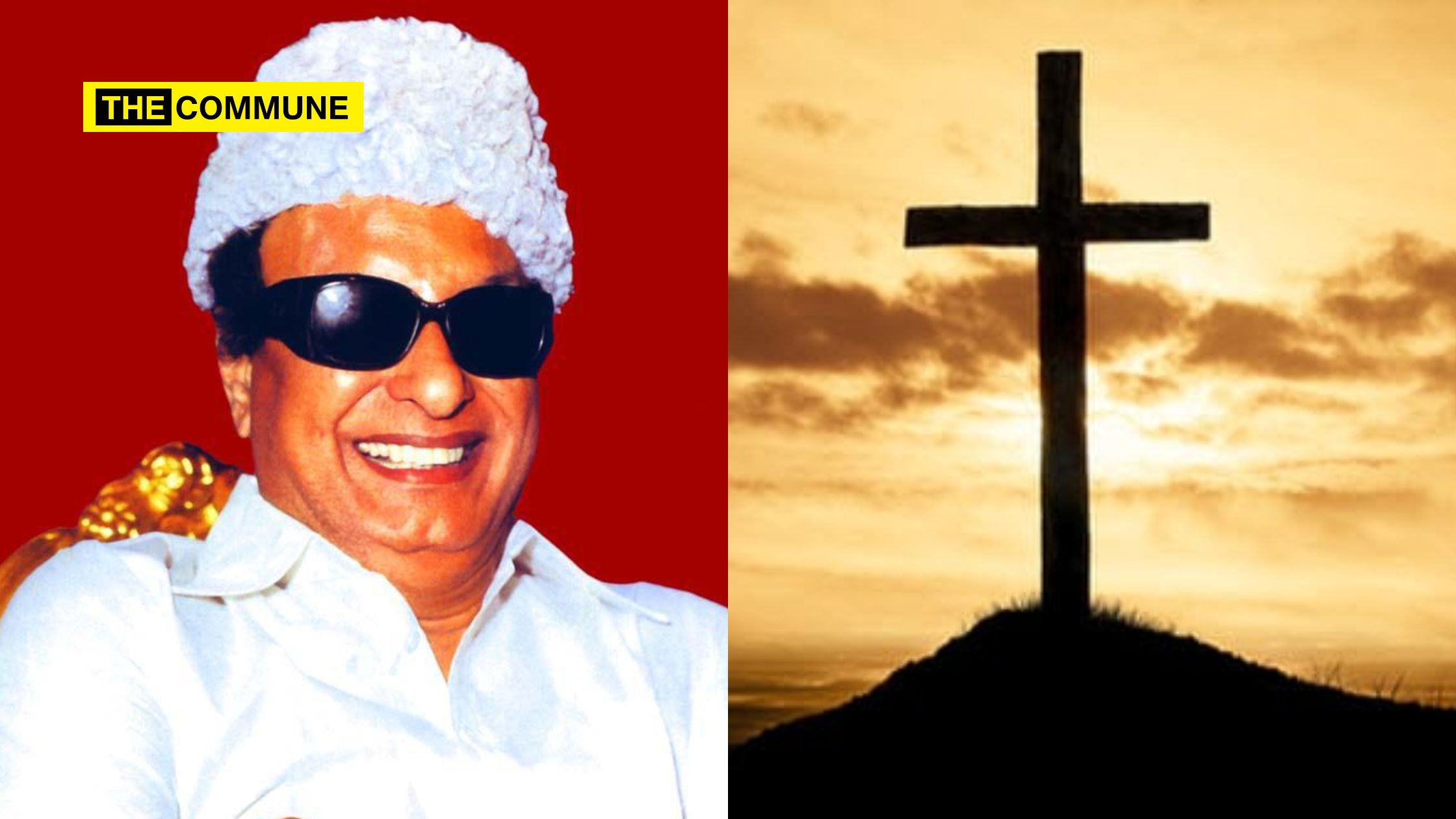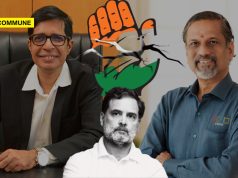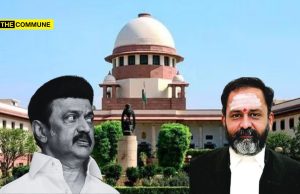
Former Tamil Nadu Chief Minister MGRamachadran has some unspoken chapters that are not widely known in Tamil Nadu. On 29 April 1986, he issued a G.O. (Government Order) supporting an anti-conversion bill and an Act to monitor foreign funds and institutions for conversion, as well as the need for a common civil code.
In 1982, Mandaikkadu Bhagawathi Amman Temple’s Maasi (Tamil month) Kodai Festival was being celebrated as usual. There were allegations on the first day of the festival that Christians were mocking Hindu women and preventing Hindus from immersing their idols in the sea. It is said that Christians prevented Hindus from immersing Hindu idols in Christian areas because they are the majority in the area and the land belongs to Jesus. There was already a controversy between Hindus and Muslims regarding the construction of loudspeakers for worship. As a result, on 1 March 1982, a crowd gathered in front of the Mandaikkadu Bhagawathi Amman Temple.
The police fired 46 times during the riots, killing six people. The riots spread to Kallukkootam, Ethamozhi, Rajakamangalam, Pillaitoppu, Nagercoil, and other places. Two more people were killed in a shooting two weeks later. One person was killed in the riots at Kovalam. Churches, temples, hospitals, and public property were heavily damaged in the riots.
The riots had a significant impact on the livelihood of fishermen along the coast as fishing nets and boats were destroyed. The drinking wells used by them were mixed with diesel and other poisonous substances.
Then Chief Minister MG Ramachandran formed a committee under retired Justice Venugopal with the following objectives: a) to inquire into the incidents of firing which took place on 1 March 1982 and 15 March 1982 in Mandaikkadu village, Kanyakumari District, b) investigate the circumstances and incidents leading to tension between Hindus and Christians during the period of one year from 22 March 1981 to 2 March 1982 in Mandaikkad, Kanyakumari District, c) to suggest measures to be taken and procedures to be followed to prevent such riots from happening in future.
The Inquiry Committee, after examining the various sources of evidence presented before it, made the following recommendations:
Anti-Conversion Law
As religious conversion disrupts social harmony and causes ethnic riots leading to detrimental effect on law and order in the state, the Tamil Nadu government should enact legislation similar to that passed in Madhya Pradesh, Orissa, Arunachal Pradesh, and Tripura to prevent religious conversion through violence, deception, or inciting religious conversion under the guise of financial aid.
Common Civil Code
Everyone in India, regardless of religion, could be given a common set of civil procedure rules. Following the guidelines outlined in Article 44 of the Constitution, a Common Civil Code can be drafted to protect the human rights of Indian citizens regardless of religion, whether Hindu, Christian, or Muslim.
Restricting Loud Speakers
The installation of loudspeakers in religious places of worship should be restricted. The police code can be amended to regulate and control these loudspeakers, which are causing communal riots and tension. In addition, appropriate changes to the Police Act can be made. Religious processions may be banned from areas where people of other religions live.
Curbing Foreign Funds
Because the majority of foreign money is used for religious conversion under the guise of financial support, steps can be taken to amend the Foreign Contribution (Regulation) Act to control this.
Though the G.O. was issued on 29 April 1986, based on a report filed by the Justice Venugopal commission in connection with the Mandaikadu riots in March 1982, it has still not been implemented.
On 15 December 2022, the Madurai Bench of the Madras High Court issued notice to the state government on a PIL filed to implement a G.O. issued by the then government in 1986.
However, given their track record of appeasing the Christian community, the ruling DMK government will lack the courage to implement the GO.


Click here to subscribe to The Commune on Telegram and get the best stories of the day delivered to you personally.




